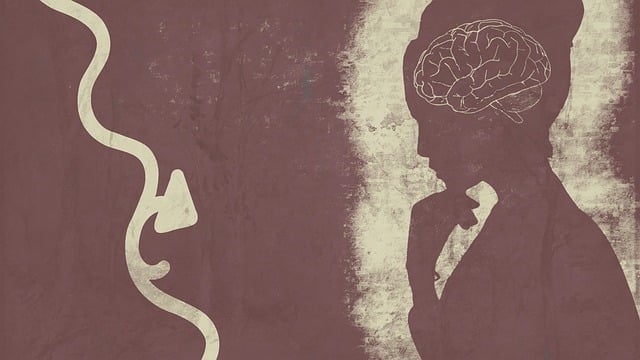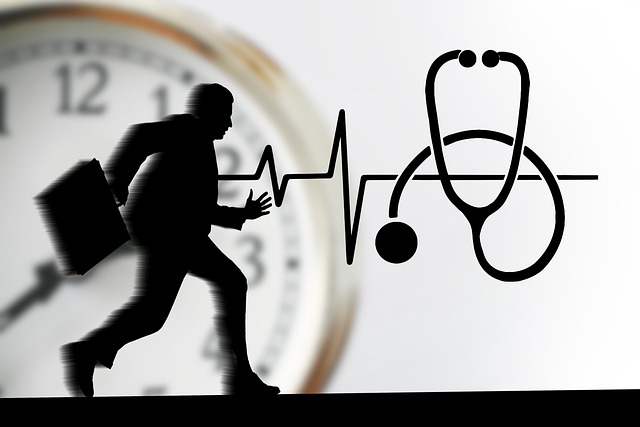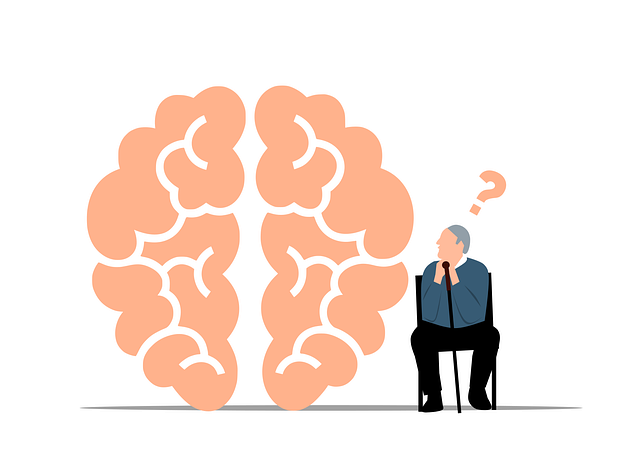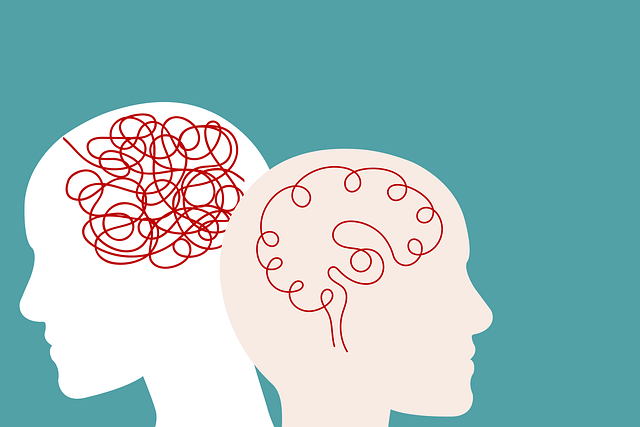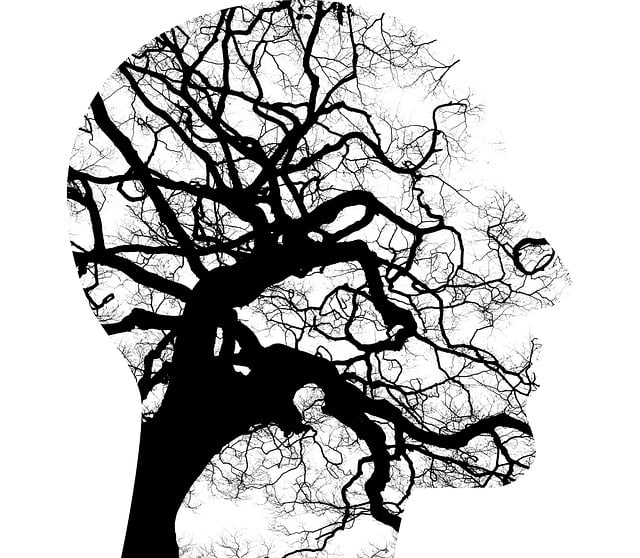Adolescent Conduct Disorder (ACD) is a mental health challenge characterized by rebellious behavior, often linked to depression and anxiety. Early detection is vital for effective treatment. Parents can play a key role in creating a supportive environment and teaching coping mechanisms. Tailored interventions like therapy, behavior modification, and family counseling are essential. For teens with Conduct Disorder (CD), establishing a structured self-care routine focusing on physical, psychological, and social well-being is crucial. This includes activities like exercise, healthy eating, stress reduction techniques, mindfulness exercises, and keeping a mental wellness journal. Cognitive Behavioral Therapy (CBT) is an effective treatment, addressing negative thought patterns and impulsive actions. Combining self-care strategies with therapy tailored to Adolescent Teens Conduct Disorder enhances mental health management and promotes long-term well-being.
“Mental wellness is a cornerstone of overall health, especially for adolescents grappling with conditions like Conduct Disorder (CD). This article explores the symbiotic relationship between self-care and mental health, focusing on CD. We delve into the significance of personalized self-care routines in managing symptoms and enhancing the well-being of teen patients.
Through understanding CD and its impact, we’ll uncover effective strategies for long-term wellness, offering valuable insights for both teens and professionals seeking Therapy for Adolescent Teens Conduct Disorder.”
- Understanding Adolescent Conduct Disorder and Mental Health
- The Importance of Self-Care for Teens with CD
- Building a Personalized Self-Care Routine
- Effective Strategies for Maintaining Long-Term Wellness
Understanding Adolescent Conduct Disorder and Mental Health

Adolescent Conduct Disorder (ACD), characterized by a persistent pattern of violating societal norms and rules, is a serious mental health concern among teens. It’s important to understand that this disorder often co-occurs with other psychological issues, including depression and anxiety, which can significantly impact an adolescent’s daily functioning and overall well-being. Early identification is crucial for effective therapy for adolescent teens with conduct disorder.
Through various communication strategies, parents and caregivers can foster a supportive environment that encourages open dialogue about the teenager’s feelings and behaviors. By teaching coping mechanisms and promoting inner strength development, they can empower adolescents to manage their symptoms and prevent depression. Effective interventions may include individual or group therapy, behavior modification programs, and family counseling, all tailored to address the specific needs of each teen.
The Importance of Self-Care for Teens with CD

For adolescent teens with Conduct Disorder (CD), establishing a robust self-care routine is paramount to their mental wellness. CD often stems from underlying emotional and behavioral issues, making it crucial for teens to engage in practices that foster emotional healing processes. Self-care isn’t merely about ‘me time’; it’s an active process of attending to one’s physical, psychological, and social needs. This can include regular exercise, healthy eating, adequate sleep, and activities that promote relaxation and stress reduction—essential components for teens navigating the challenges of CD.
One of the significant contributors to successful self-care is cultivating self-awareness exercises tailored to their unique experiences. Given the complexity of CD, it’s vital for healthcare providers to undergo cultural competency training to offer empathetic support. This enables teens to explore and express their feelings, understand triggers, and develop coping strategies. By integrating self-care practices into their daily lives, adolescents with CD can enhance their ability to manage symptoms, improve relationships, and foster a sense of personal growth and resilience.
Building a Personalized Self-Care Routine

Building a personalized self-care routine is an essential aspect of mental wellness for adolescent teens with conduct disorder. It’s a journey of discovering what brings calm, joy, and balance to your unique mind and body. Start by identifying your triggers—what increases stress or disrupts your emotional well-being. Incorporate tailored activities that address these specific needs. For example, if you find certain environments overwhelming, schedule regular breaks from stimulants like social media or large gatherings. If anxiety creeps in during certain times of day, practice mindful breathing exercises or engage in a calming physical activity. This individualized approach, combined with professional guidance from therapists specializing in adolescent conduct disorders, can significantly enhance stress reduction methods and emotional well-being promotion techniques through therapy. Additionally, keeping a mental wellness journal can offer valuable insight into your feelings and thought patterns, providing clear direction for future self-care practices.
Effective Strategies for Maintaining Long-Term Wellness

Maintaining long-term mental wellness involves a balanced approach that combines self-care practices with professional support when needed. For adolescents and teens struggling with conduct disorders, therapy plays a pivotal role in addressing underlying issues and fostering positive behavior changes. Cognitive Behavioral Therapy (CBT), for instance, has been proven effective in treating various conduct disorders, helping individuals understand and manage impulsive actions and negative thought patterns.
Integrating self-care strategies alongside professional guidance is essential for crisis intervention and burnout prevention. Techniques such as mindfulness meditation, regular exercise, adequate sleep, and maintaining a structured routine can significantly contribute to Anxiety Relief and overall well-being. These practices empower individuals to take control of their mental health, offering tools to navigate challenging situations and promote long-lasting positive changes, especially when coupled with the expertise provided by therapy for adolescent teens conduct disorder.
Mental wellness is a journey, especially for adolescents navigating conduct disorder. By understanding the impact of CD on mental health and adopting personalized self-care routines, teens can gain valuable tools for long-term well-being. Self-care isn’t just a trend; it’s an essential strategy to complement therapy for adolescent teens with conduct disorder. Incorporating effective practices into daily life enables young individuals to foster resilience, manage symptoms, and thrive in their personal growth. This holistic approach, combined with professional support, paves the way for a brighter and healthier future.
